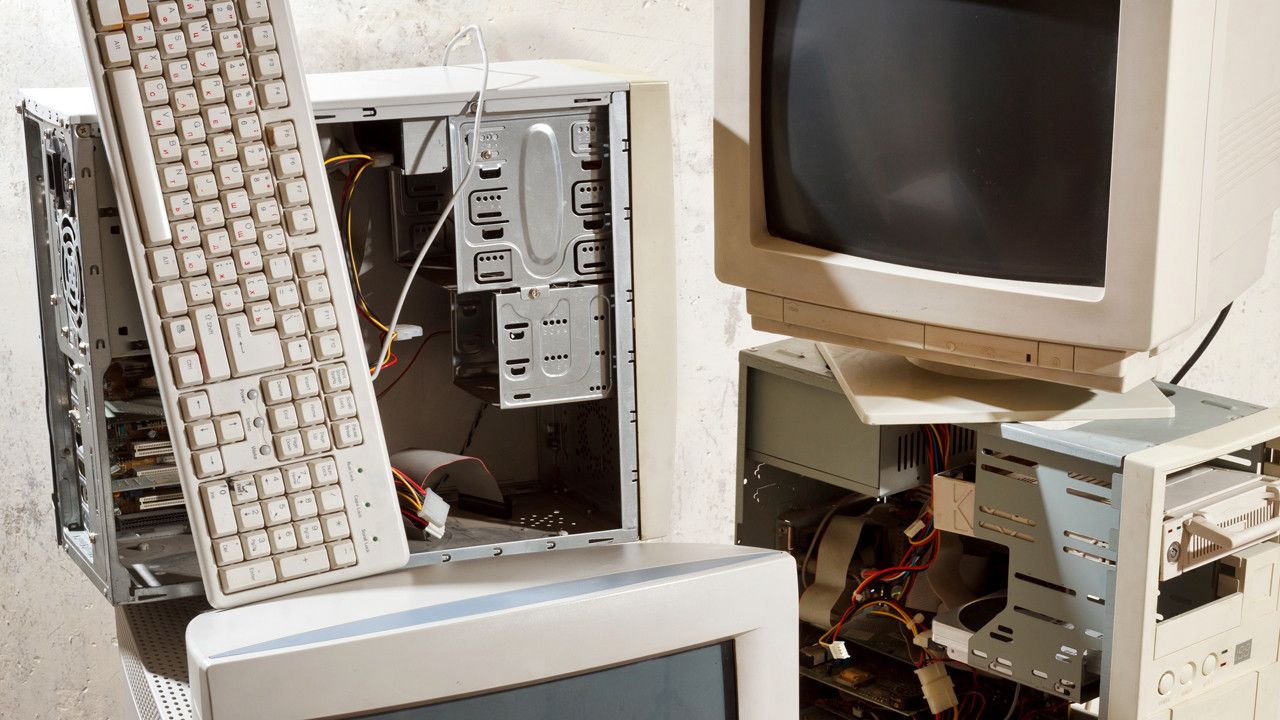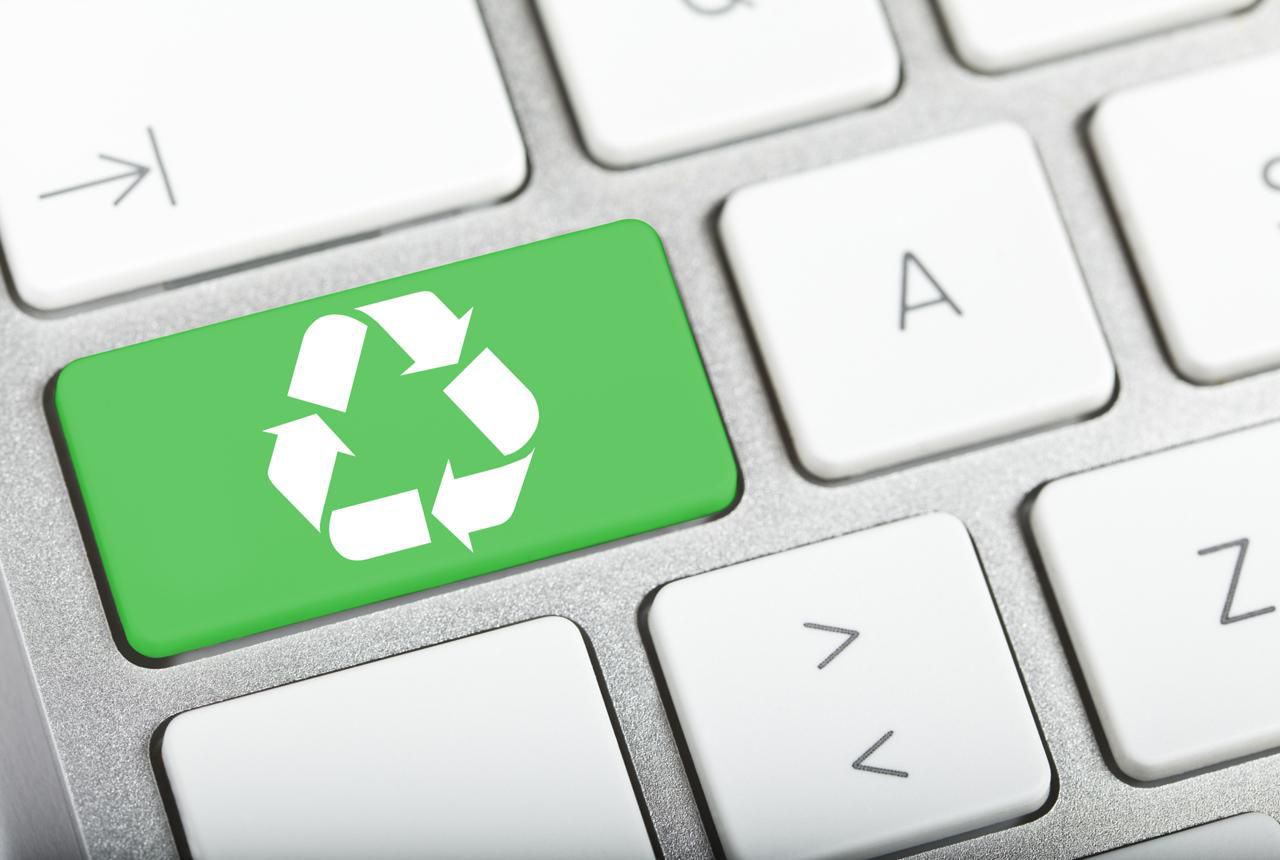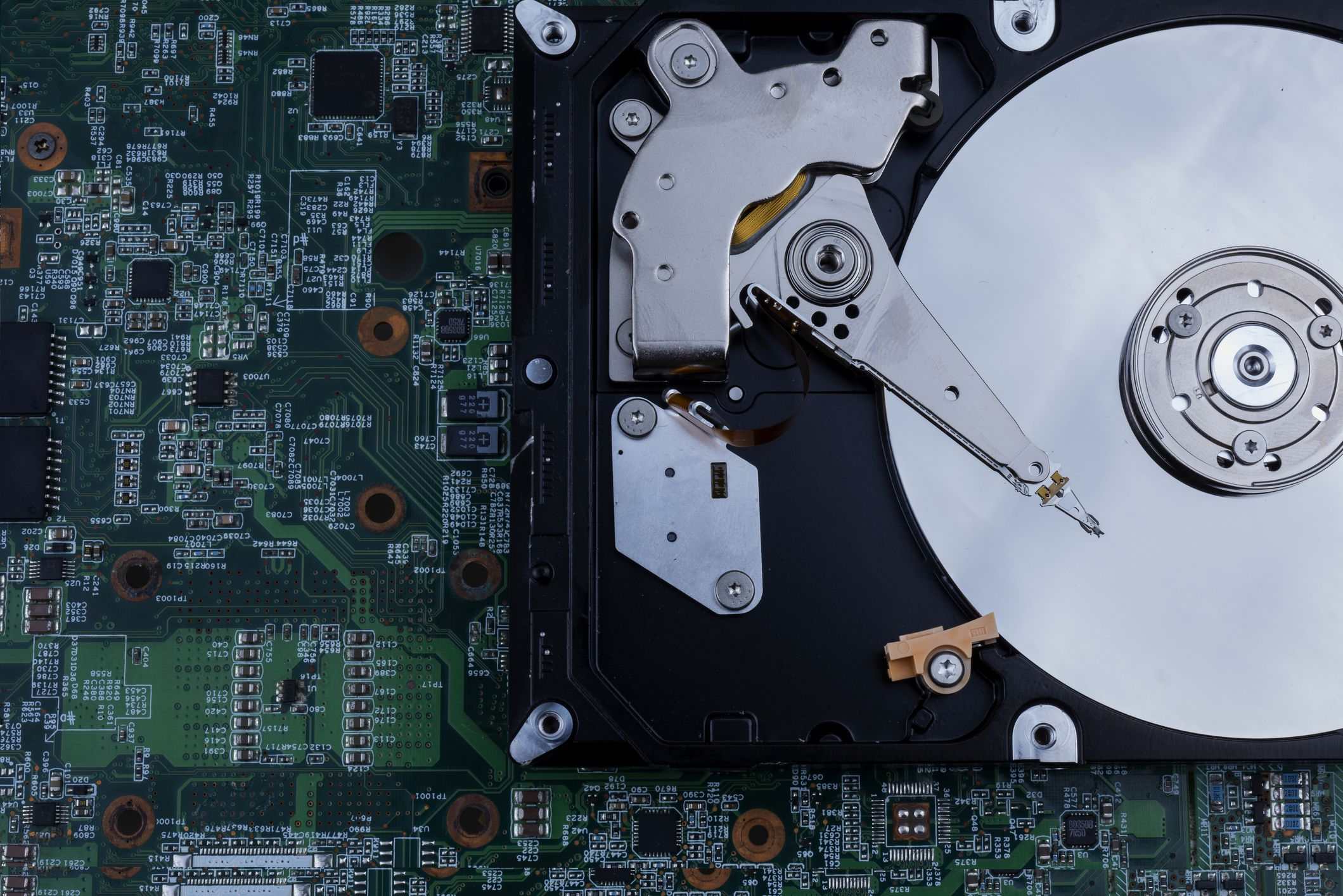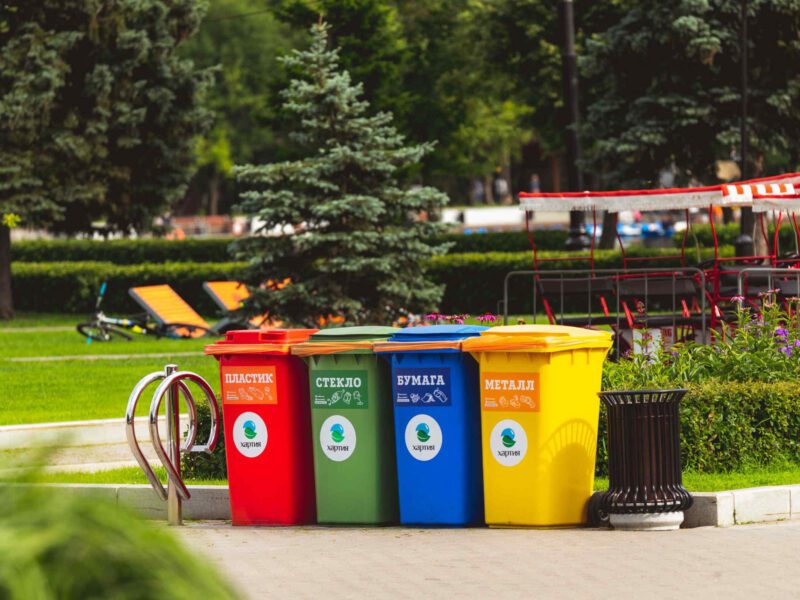
Expert Tips To Safely Recycle Or Sell Old And Broken Computers
A few of us deal with our computers like we treat our vehicles. We either fix them until they self-destruct or ditch them at the earliest difficult situation and get a new one. In any case, eventually, you’ll dispose of one PC and purchase another.
In case you’re similar to many individuals, you most likely have a heap of old computers in a storeroom someplace. It’s ideal to exchange or recycle them. In this article, we tell you the best way to recycle or sell your broken computers safely with SellBroke.

Don’t Just Trash Your Broken PC
The Printed Circuit Boards (PCBs) and other different PC components are not useful for the environment. At the point when you’re prepared to trash your old PC, check with your local sanitation department for rules and guidelines in regards to hardware removal. Once in a while, a removal charge’s required, however, there are many free choices out there too.

Backup All of Your Personal Data
Before you purchase that sparkly new PC and ditch your old one, ensure you get the entirety of your data off of the old one first. Utilize an external hard drive, a cloud backup, or writable DVDs to make a copy of your data. Check your backup to ensure it has all that you need on it before you continue.

Hold On to Your Hard Drive
Your PC’s hard drive holds immense measures of personal data, from family photographs to bank records and everything in the middle. You don’t need some outsider getting a grip of this information. That is the reason many individuals decide to remove the hard drive from a PC and keep it before exchanging or recycling the rest.
A few groups purchase old computers strictly to separate personal information from the past proprietor. Old hard drives are a mother lode of information for would-be lawbreakers.
Regardless of whether you format and repartition a hard drive, residual data regularly remains and can be immediately recuperated with forensic data recovery programs. It’s stunning that it is so natural to bring back an erased file utilizing such a tool. Some can effectively restore a file they’ve erased, even with the erased file dwelling on a drive that the PC’s operating system reformatted.

In some cases, when you format a drive, you are simply clearing out the file header and File Allocation Table (FAT) pointer record information. The real data itself stays on the drive except if overwritten by different data or wiped with a specific disk wipe utility that overwrites every one of the sectors on the drive with ones and zeros.
Realize that disk wipe utilities work effectively in getting out a drive with outrageous bias. All things considered, it’s not outlandish to expect that some super virtuoso will concoct a new data forensic innovation sometime that will peruse files from drives that you wiped even with the best tools out there.

It might very well be a more neurotic interpretation of personal security, however, it’s something we should all know and remember before selling or discarding a PC.
Many individuals decide to hold on to old hard drives as opposed to cleaning them. They don’t occupy that much space, and you can generally utilize them for different activities, for example, placing them in a USB drive caddy and utilizing them to move data starting with one PC then onto the next when a network isn’t free.

Make a point to Eject All Your DVDs and Other Removable Media From Your Old Computer
Individuals regularly leave a disk in their PC’s DVD drive for a very long time. You might leave your operating system DVD on your PC for weeks on end, or you might have left a backup copy of your files in the drive. Except if you need your PC’s next proprietor to have this disk, you ought to discharge it and set it aside for supervision.
You ought to likewise check the PC has returned to ensure you don’t have a USB thumb drive associated with a USB port. Thumb drives are so little since you hardly notice them.







